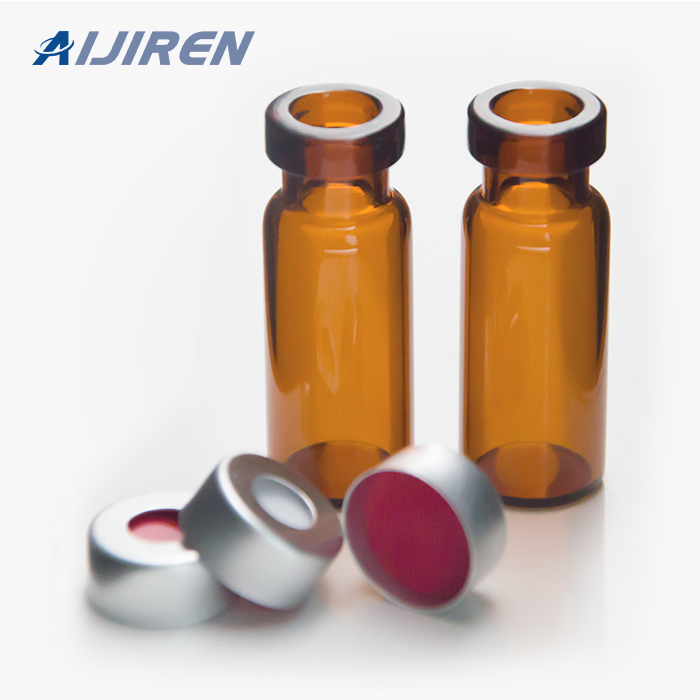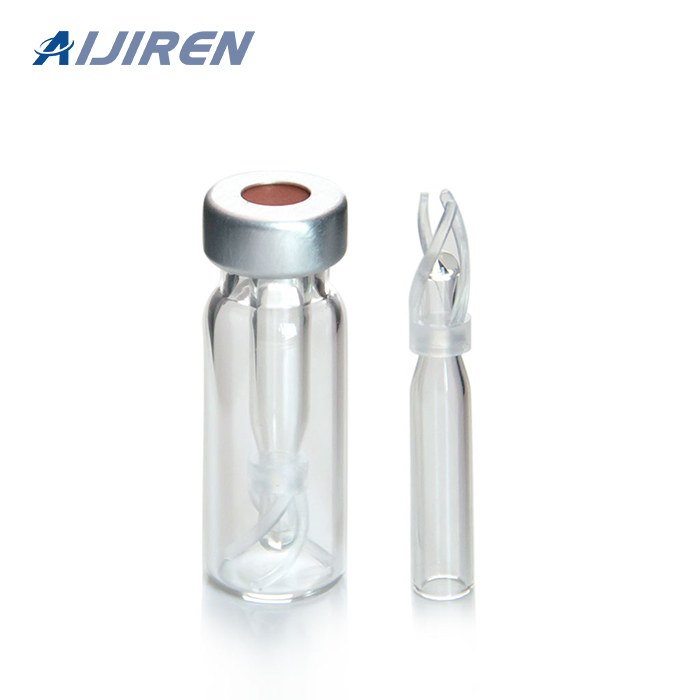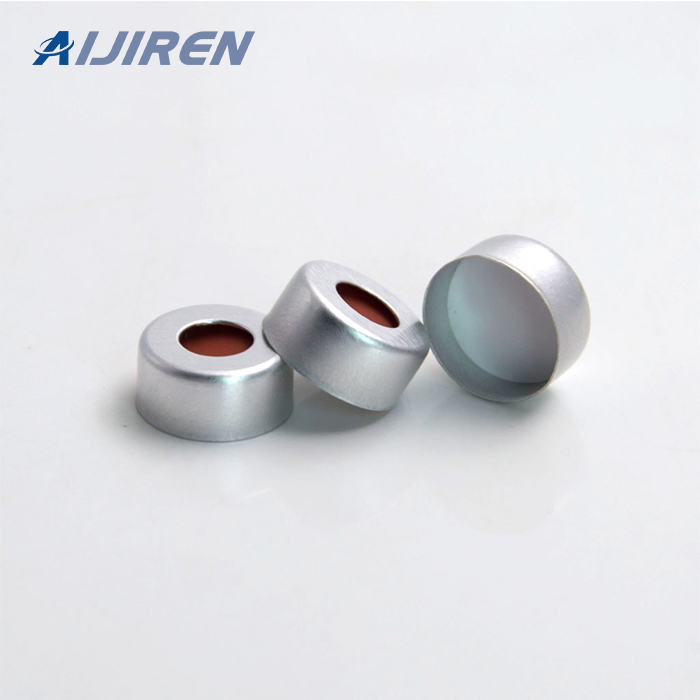





Choose an Aijiren certified septum that matches your experimental conditions and sample storage needs perfectly. The Aijiren interactive vial selection tool and vial selection poster provide information required to assist analysts in making an informed decision about what is best for their unique applications.
Aug 22, 2014 · a vial septum and then installing the vial in the sample tray. I adjust the needle to the target depth, then lift the vial by its cap. In the case of my instrument, I expect approximately 1 mm of vertical play if the system is adjusted properly. This play allows a safety margin in case of any variation in vial depth for a given vial model. This
Mar 29, 2016 · Although most of the practices in this section assume freezing or formalin fixation of samples, dry or ambient temperature storage procedures may be appropriate for many samples [38, 46]. B.2.6.1. Standardized protocols should be applied consistently in storing biospecimens to ensure quality and to avoid introducing variables into research studies.
appropriate sample type(s) needs to be chosen. The processing protocol that will result in samples of suitable quality for the intended laboratory analyses must be selected from among various possible protocols. Consideration must be given to the proper storage conditions to maintain sample quality until analyses are completed. All of these
Clear vials with write-on spot, blue screw caps, PTFE/red silicone septa 100/pk Amber vials with write-on spot, green screw caps, PTFE/red silicone septa 100/pk 5182-0554 Clear vials, blue screw caps, PTFE/silicone/PTFE septa 100/pk 5182-0555 Clear vials with write-on spot, blue screw caps, PTFE/silicone/PTFE septa 100/pk 5182-0866
Specimens stored at room temperature liquefy. This makes it more difficult to select mucopurulent material. For cultures: on liquid medium (MGIT): store at 2-8 °C, culture as soon as possible and within 3-4 days. on solid medium (LJ) cultured ≤ 3 days after collection: store at 2-8 °C, culture as soon as possible.
This chapter presents best practices for cryopreservation, maintenance, and use of a wide range of cells, cell therapy products, and cell banks derived from a variety of sources including human, animal, and microbial cultures (the chapter also contains an Appendix with additional guidance documents that are useful for
Jul 14, 2015 · Samples routinely processed for cryopreservation include biological fluids such as whole blood or plasma, cell cultures, tissue specimens, and genomic materials such as DNA. Choosing the right storage tube requires knowledge of the biospecimen and its intended use, in addition to a clear understanding of cryopreservation technology.
vial because the resealing characteristics of the septum act as a squeegee to wipe solution from the outside of the needle. Typically, a non-slit septum exhibits resealing capabilities for a limited number of needle punctures but for long-term storage in the vial, using a new non-punctured septum is best practice.
subsequent investigation, the vapor space above the sample should account for ca. 90-95% of the vial’s volume. All containers should be disposable, unbreakable and leak-proof. Glass is inert and free of plasticizers, but not unbreakable. Thus, glass tubes should reside in a suitable storage rack and be leak-proof regarding storage and shipment.
practices FAQs also state: “A needle or other device should never be left inserted into a medication vial septum for multiple uses. This provides a direct route for microorganisms to enter the vial and contaminate the fluid.” Therefore, if a spiking or other device is used to puncture the MDV, the vial should remain in the
chemical characteristics. The septum is provided with a thin 0.005” PTFE layer laminated to highly pure silicone, and slit through the center for easier needle penetration and to release the vacuum that forms when a large volume of sample is withdrawn from a vial. This septum provides chromatographic characteristics similar to that of a
The septum forms a barrier between your sample analyte in the vial and the outside atmosphere. This barrier protects your sample from external contamination while allowing a needle (from a manual or automatic syringe) to enter the vial, and extract the sample for the next stage of separation.
sample preservation, shipping, storage, and hold times, decontamination procedures, and sampling precautions are some of the areas in which PFAS-specific guidance is needed. Many programs have developed such guidance and procedures , for example USEPA (2015b), Transport Canada (2017), and MA DEP (2018b). Some matrix-specific considerations include:
Vial Selection 8 Aijiren Vials and Sample Containment Solutions Manufacturer Model Crimp Snap Screw Headspace VOA Vial Septum Seat Diameter (mm) 11 11 8 9 10 13 23 23 23 23 28 Vial Size (mL) 2 2 2 2 2 4 10 20 10 & 20 10 & 20 20 & 40 Vial Thread Style 8-425 9-425 10-425 13-425 24-400 Bottom (FB – Flat Bottom, RB – Round Bottom)